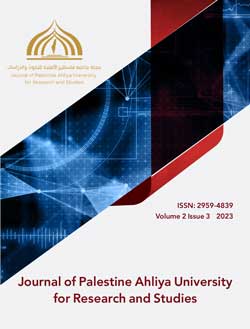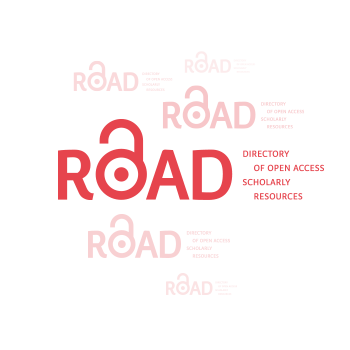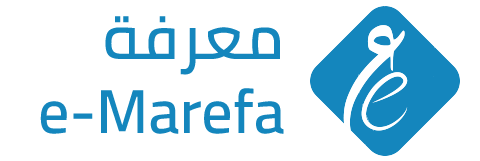Exploring Language Learning Through Digital Storytelling in Algerian Higher Education: A Qualitative Post-Structuralist Study
DOI:
https://doi.org/10.59994/pau.2023.3.43Keywords:
Digital Storytelling, Algerian Higher Education, Language Learning, Qualitative Research, Post-StructuralismAbstract
In the landscape of Algerian higher education, where foreign language proficiency is increasingly viewed as a form of human capital, digital storytelling emerges as a pedagogical tool with promising yet complex implications. This qualitative study aims to explore the integration of digital storytelling into foreign language learning courses at Algerian universities, mainly 100 students at Mostaf Benboulaid, Batna 2 University through a post-structuralist lens. Drawing on in-depth interviews and observations, the research uncovers key themes such as heightened student engagement, critical thinking, and collaboration. Simultaneously, it highlights challenges including the digital divide, ethical concerns, and pedagogical resistance. The study corroborates the broader literature advocating for the utility of digital storytelling while adding unique insights from the Algerian context. The findings indicate the need for a nuanced approach in the implementation of digital storytelling techniques, as well as pave the way for future research to address gaps and challenges. This paper contributes to the growing discourse on the intersection of digital pedagogy, language learning, and cultural context, serving as a foundational work for further academic exploration.
Downloads
References
Benrabah, M. (2007). Language-in-education planning in Algeria: Historical development and current issues. Language policy, 6, 225-252.
Bouzidi, H. (2009). Between the ESP Classroom and the Workplace: Bridging the Gap. In English Teaching Forum (Vol. 47, No. 3, pp. 10-19). US Department of State. Bureau of Educational and Cultural Affairs, Office of English Language Programs, SA-5, 2200 C Street NW 4th Floor, Washington, DC 20037.
Gardner, H. (1983). Frames of mind: The theory of multiple intelligences. Basic books.
Hafidi, M., & Mahnane, L. (2018). Using digital storytelling to extend the flipped classroom approach. International Journal of Continuing Engineering Education and Life Long Learning, 28(2), 218-234.
Hafner, C. A., & Miller, L. (2011). Fostering learner autonomy in English for science: A collaborative digital video project in a technological learning environment. Language Learning & Technology, 15(3), 68-86.
Henderson, S., & Yeow, J. (2012, January). iPad in education: A case study of iPad adoption and use in a primary school. In 2012 45th Hawaii International Conference on System Sciences (pp. 78-87). IEEE.
Kearney, M. (2011). A learning design for student‐generated digital storytelling. Learn Media Technol 36 (2), 169–188.
Maamouri, M. (1998). Language education and human development: Arabic diglossia and its impact on the quality of education in the Arab region. International Literacy Institute
MPTIC. (2017). Ministry of Post, Information Technology and Communications. Annual Report 2017.
Robin, B. R. (2008). Digital storytelling: A powerful technology tool for the 21st century classroom. Theory into practice, 47(3), 220-228.
Sadik, A. (2008). Digital storytelling: A meaningful technology-integrated approach for engaged student learning. Educational technology research and development, 56, 487-506.
Smeda, N., Dakich, E., & Sharda, N. (2014). The effectiveness of digital storytelling in the classrooms: a comprehensive study. Smart Learning Environments, 1, 1-21.
Yang, Y. T. C., & Wu, W. C. I. (2012). Digital storytelling for enhancing student academic achievement, critical thinking, and learning motivation: A year-long experimental study. Computers & education, 59(2), 339-352.

Downloads
Published
How to Cite
Issue
Section
License
Copyright (c) 2023 Journal of Palestine Ahliya University for Research and Studies

This work is licensed under a Creative Commons Attribution 4.0 International License.
مجلة جامعة فلسطين الاهلية للبحوث والدراسات تعتمد رخصة نَسب المُصنَّف 4.0 دولي (CC BY 4.0)











